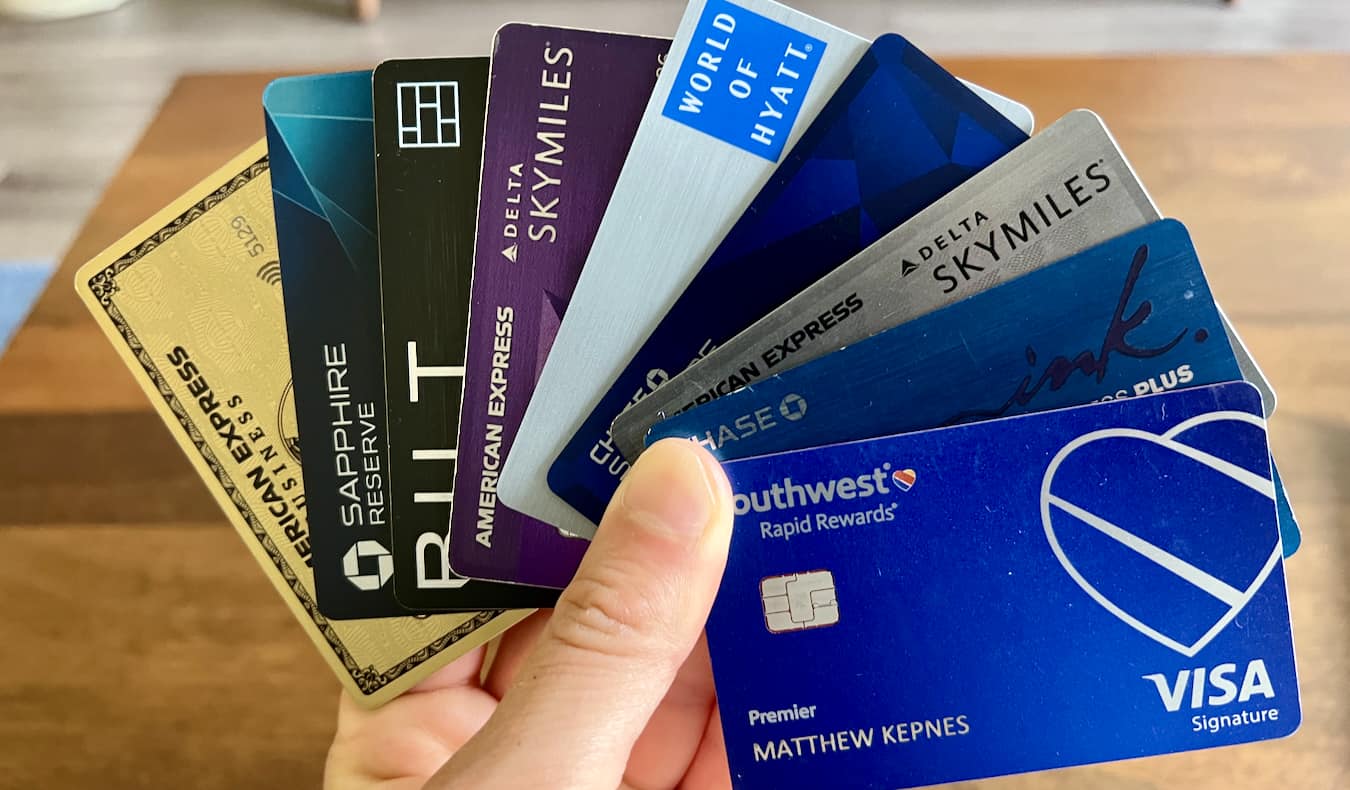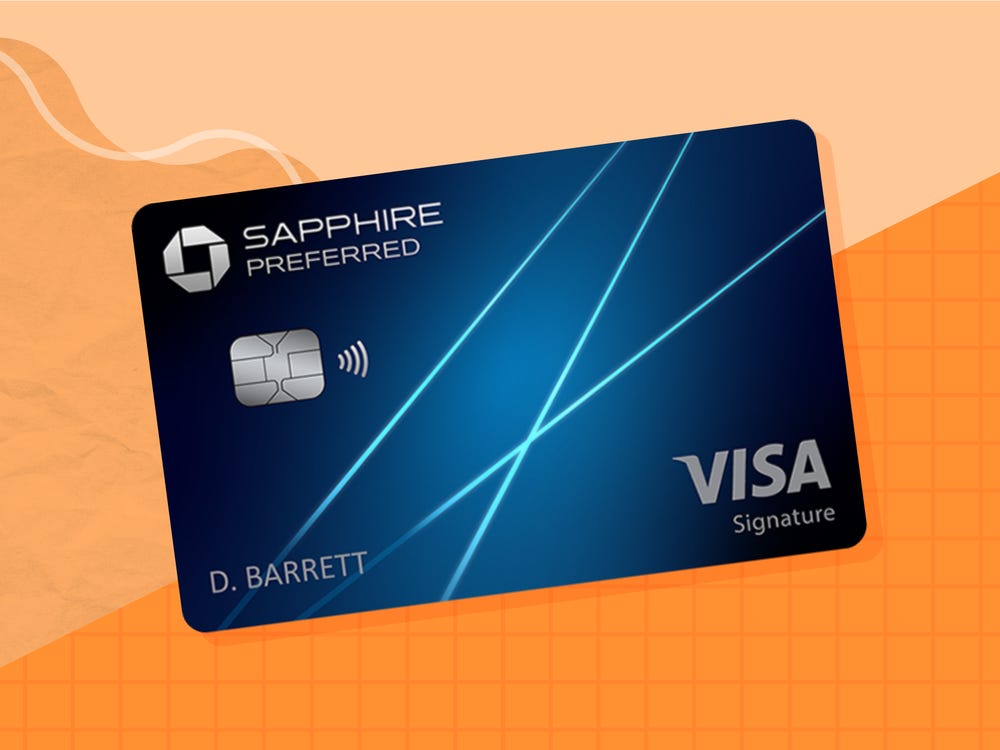Secured and student credit cards are excellent options for building your credit. They require minimal credit history and often have lower credit limits. Credit Cards to Start Your Credit – Build credit smartly with our guide to the best starter credit cards. Empower your financial journey from day one!
Building a solid credit history is crucial for future financial endeavors such as applying for loans, renting an apartment, or even job opportunities. Starting with the right credit card can set the foundation for a strong credit score. For beginners, secured credit cards offer a low-risk entry point backed by a cash deposit that acts as your credit limit.
Student credit cards, tailored for individuals pursuing higher education, typically come with benefits and relaxed eligibility criteria. Choosing a card that reports to all three major credit bureaus—Experian, TransUnion, and Equifax—is important to ensure your responsible usage positively affects your credit. Make punctual payments and keep balances low; these habits contribute significantly to credit score calculations. Start on the right foot with a credit card designed for new users and pave the way toward solid financial health.

Credit: www.nomadicmatt.com
Introduction To Credit Cards And Credit Building
Credit scores are like report cards for adults. They show how good you are with money. Credit history tells banks if you can borrow money and pay it back. Having a good credit score is essential. It helps you get loans for big things like houses and cars.
Credit cards can start your credit history. When you use a credit card, the bank notes it down. If you pay the bill on time, the bank tells everyone you’re good with money. That’s how you build a strong credit history. Good history makes it easier to borrow money.
Criteria For Choosing Your First Credit Card
Choosing your first credit card can be tricky. Essential factors to consider include APRs (Annual Percentage Rates). A lower APR often means less interest over time.
Fees and penalties can sneak up on you. Look for cards with no annual fees. Be aware of charges for late payments or going over your limit.
Credit cards with rewards may sound great, but they’re not always the best. Sometimes, tips lead to spending more than planned. Consider if rewards like points or cashback match your spending habits.
Some cards need a security deposit, especially for beginners. This deposit usually sets your credit limit. Others might offer a small limit without a warranty.
The approval process for a new card usually includes a credit check. Your income and credit history play a big part here. Starting with a low-limit card can help build your credit.
Best Credit Cards For Newcomers
Starting to build credit can be challenging. Secured credit cards provide a protected way to begin. Users must deposit cash upfront as a security. This amount usually becomes the credit limit. These cards often come with educational resources to aid newbies.
For students, student-focused credit cards offer special perks. These benefits often include lower fees and rewards for good grades. Credit education tools are typically available with these options.
Retail credit cards might be easier to obtain than general-use cards. They can be used at specific stores and sometimes come with discounts. Nonetheless, they often carry high-interest rates.
| Card Type | Benefits |
|---|---|
| Secured Credit Cards | Credit building with the safety of a deposit. |
| Student Credit Cards | Perks for students, lower fees |
| Retail Credit Cards | Store discounts, easier approval |
A careful look at the top credit cards for newcomers reveals options. Each card has its own set of terms and rewards. Always read the fine print. Choose wisely to keep charges low and build a healthy credit score.

Credit: www.cnn.com
Responsible Credit Card Use And Financial Habits
Paying bills on time is crucial for good credit health. Late payments can harm your credit score. Set reminders never to miss due dates. Aim to pay invoices early whenever possible.
You are keeping credit utilization low, which matters a lot. Experts say to use less than 30% of your credit limit. This means not spending more than you can pay back. Check your balances often to stay on track.
To avoid debt, create a budget for your spending. Only use credit cards for planned purchases. Save money for big buys instead of using credit. This helps you spend only what you have.
Monitoring your credit score is a wise habit. Use free credit report services. Look for changes and check for mistakes. A high score means better loan and credit card offers.
Next Steps After Getting Your First Credit Card
Starting with your first credit card opens doors to healthier finances. Your credit card paves the way for larger purchases and responsibility. Use it wisely. Spend within your means and pay bills on time. This builds a strong credit history. Your credit limit may start low. With consistent payments, a credit line increase becomes possible.
Are you requesting a higher credit line? Check your credit score first. A better score often means better chances. Contact your card provider to request. This might lead to a bump in your credit limit.
Seeking an unsecured credit card marks progress. These cards come without a deposit. Often, they offer better perks. Keep your goal for an unsecured card in mind. Make it part of your long-term credit plans.
Are you thinking of more credit cards? They can help build credit. Use them responsibly. Knowing when to apply is critical. You need a solid history first. Diversify with care, focusing on long-term financial health.

Credit: www.amazon.com
Frequently Asked Questions Of Credit Cards To Start Your Credit
What Is The Best Credit Card To Start With To Build Credit?
The best starter credit card for building credit is a secured credit card with low fees and reports to all three credit bureaus.
What Type Of Credit Card Should You Start With?
Begin with a secured credit card or a student credit card if eligible. These cards often have low credit limits and require minimal or no credit history, making them suitable for newcomers to build credit responsibly.
What Credit Card Can I Get To Build My Credit Score?
To build your credit score, consider a secured credit card or a student credit card if eligible. Starter credit cards from major issuers also offer options for new users aiming to establish credit.
What Is A Good Credit To Start With?
Per FICO standards, a good credit score is typically around 670 to 739. This range indicates a “Good” credit rating, which can help with loan approvals and favorable interest rates.
Conclusion
Navigating the sea of credit cards can seem daunting, but it’s vital in building a financial foundation. The right starter credit card opens the door to a healthier credit score. By weighing the options carefully and managing your card responsibly, you’re setting the stage for a robust financial future.
Begin your journey wisely, and watch your credit grow.

